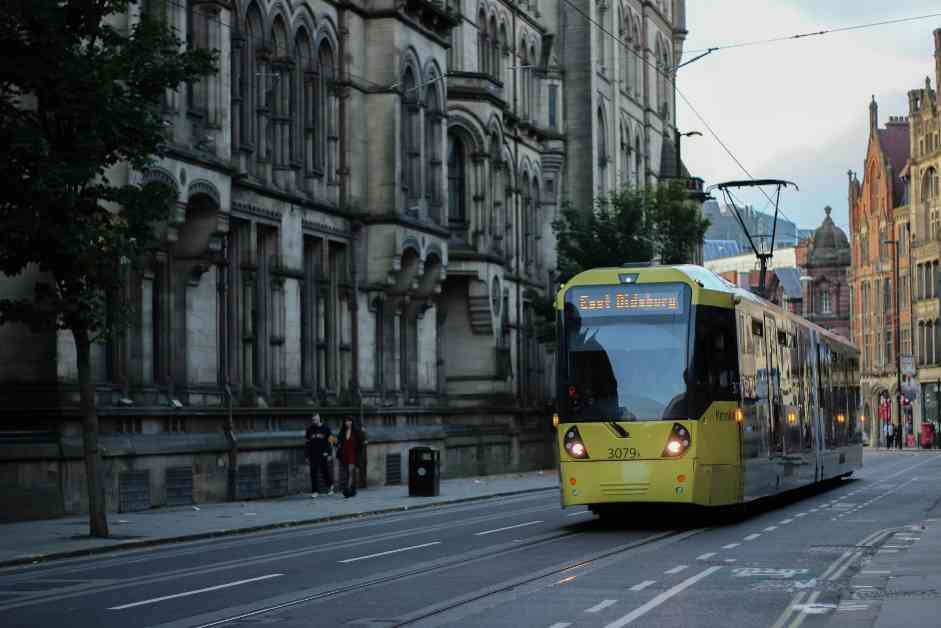Regional Online Trends: A Detailed Comparison of Manchester and London
In today’s highly digitalized world, online activity and engagement have become integral aspects of societal trends, economic performance, and cultural activities. Virtually everyone has some form of interaction with the digital sphere, which offers a myriad of elements, features, functions, and possibilities. In the United Kingdom, the digital age is evident throughout society, with most individuals owning smart devices that connect them to the digital community.
When we compare two of the UK’s largest and most dynamic cities, Manchester and London, we can observe interesting differences in online activities. These disparities are the result of a complex interplay of economic, social, and technological factors. They also highlight the existence of local, regional, and national variations in access to and performance of digital services such as streaming, online casinos, and online payment platforms.
The Digital Divide: Internet Access and Infrastructure
One of the primary factors influencing the variance in online activity between London and Manchester is the availability and quality of internet access. As the UK’s capital and a global economic hub, London boasts some of the most extensive and fastest internet infrastructure in the country. According to statistics from Uswitch, London has the fastest average download speed of all regions in the UK, clocking in at an impressive 93.6%.
This robust and stable internet connection benefits the central and financial districts, providing ultra-fast gigabit connections that support the global operations of multinational corporations. On the other hand, Manchester, while also an important industrial and cultural center, lags slightly behind London in terms of internet infrastructure. The average broadband speed in Manchester is 118 Mbps, higher than the national average but still lower than that of London.
The disparity in ultra-fast coverage is particularly noticeable in some residential areas of Manchester. However, the city is actively addressing this gap through initiatives aimed at providing fiber-optic services across the region.
Online Gambling
When it comes to online entertainment, London and Manchester exhibit significant differences, particularly in the realm of online gambling. Both cities boast a sizeable portion of the adult population engaged in various forms of online gambling, making substantial contributions to the UK’s online gambling market.
London sees higher overall participation, primarily due to its larger population base and a steady rise in high-stakes betting. Sports betting reigns supreme in the capital city, with a robust culture surrounding this activity. In Manchester, sports betting is equally popular, fueled by the presence of powerhouse football clubs such as Manchester United and Manchester City.
During the football season, sports betting activity peaks in Manchester, a trend not as pronounced in London. However, online gambling participation in Manchester falls slightly below that of London, although statistics indicate a growing engagement driven by the city’s love for football and sports betting.
E-commerce and Online Shopping Habits
The disparities in online activity between London and Manchester are further highlighted when examining e-commerce trends. Residents of London tend to spend more money online through shopping, a pattern linked to their higher average income and greater exposure to international markets. This higher spending rate is reflected in the average amount spent by households on online shopping, with London outpacing Manchester in this regard.
Moreover, there is a divergence in the types of products people purchase online in the two cities. Londoners tend to splurge on luxury goods, international brands, and digital subscriptions, reflecting their economic status and cosmopolitan lifestyle. In contrast, Manchester residents allocate more of their online spending towards everyday goods and services, as well as fashion retail—an industry in which the city has a longstanding reputation.
Concluding Thoughts
In conclusion, the regional disparities in online activity and engagement between London and Manchester underscore broader economic, social, and technological divides within the UK. While London enjoys a global economic status and a diverse population that necessitate advanced digital infrastructure, Manchester is gradually catching up by addressing its digital infrastructure shortcomings.
As the world continues its digital transformation, understanding the regional and local variances in online activity and engagement is crucial for online service providers and technological developers. By recognizing and adapting to these differences, stakeholders can better cater to the unique needs and preferences of diverse communities, ultimately fostering a more inclusive and interconnected digital landscape.

